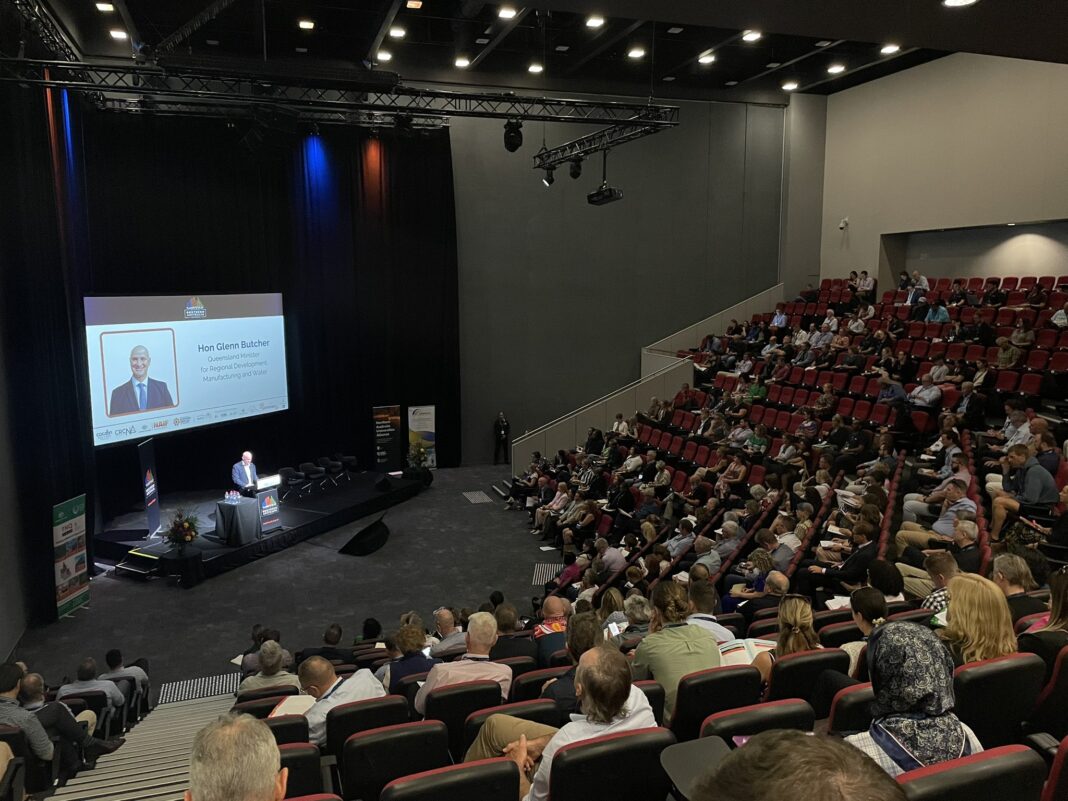More than 500 delegates from across Australia gathered for Darwin’s Developing Northern Australia conference.
Running from July 24 until July 26, the conference focused on Northern Australian core issues, policies, solutions and outcomes.
According to Professor Allen Dale, conference chair, “the conference gives Northern Australians, partners from the south and the wider world a chance to share their vision for their future of the north.”
Northern Australia is emerging as an economic powerhouse in the Indo-Pacific region, with the conference highlighting the “importance of indigenous-led development,” Professor Dale said.
In a keynote address, Professor Dale said the objectives are to “grow the scope of small to medium-sized businesses, the development of enabling infrastructure and being able to facilitate development whilst looking after our world-class natural and cultural assets.”

In 2015, the Federal Government produced a white paper on “Our North, Our Future”, with the conference reporting on the progress in bringing economic, social and environmental reform to northern Australia.
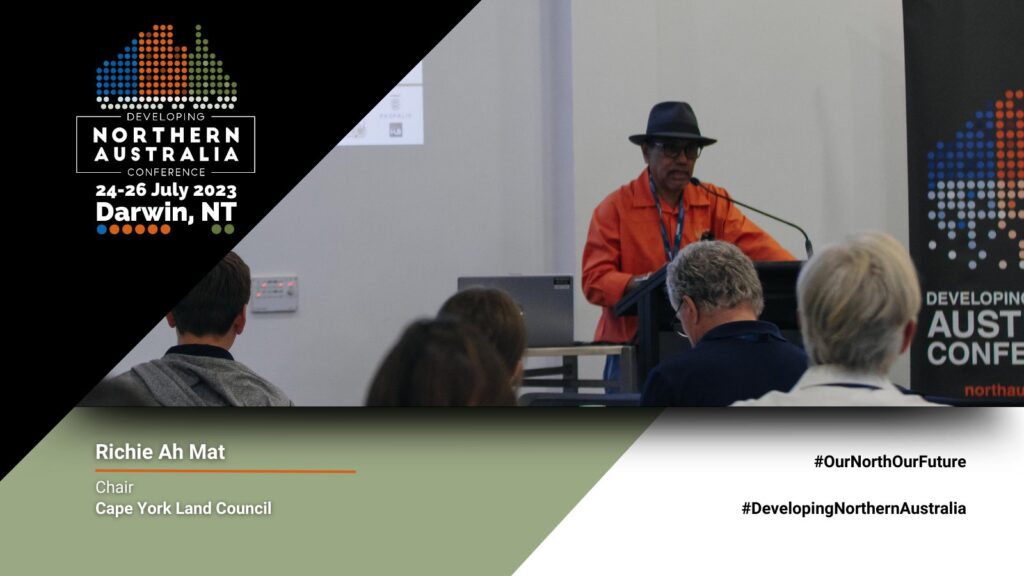
This includes agroforestry, with Mick Stephens, the CEO of Timber Queensland, providing an overview of a silvopastoral trial exploring transformative farming in North Queensland commercial pine settings.
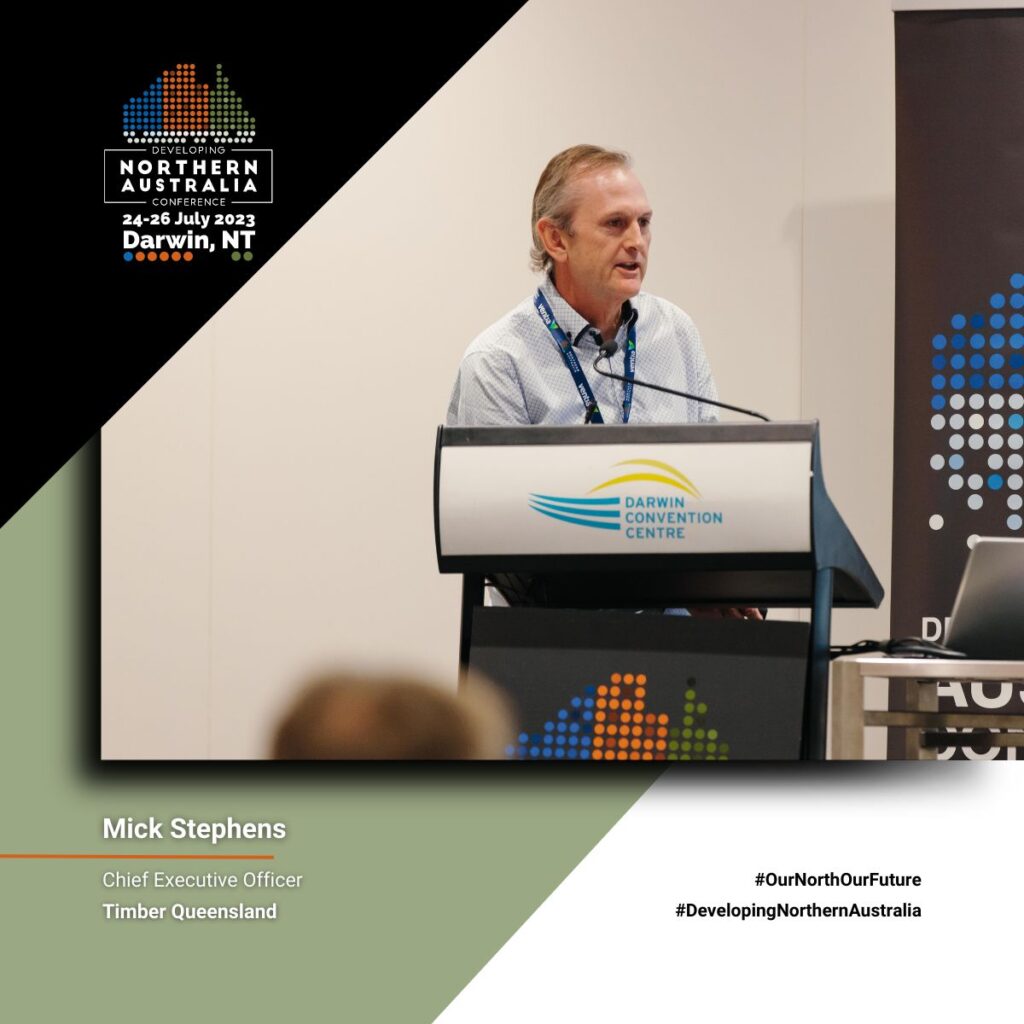
The project, which brings together forestry and livestock production experts and environmental and carbon consultants, will assess the economic benefits of combined grazing and commercial tree farming compared to traditional practices.
“There is a high likelihood these silvopastoral systems can deliver higher net financial returns per hectare for suitable land types, while at the same time contributing to income diversification and lower overall carbon emissions, or even carbon neutral outcomes for the farming enterprise,” Stephens said in a statement.

Silvopastoral systems have the potential to maintain cattle performance whilst increasing landscaping productivity, “ultimately making a grazing enterprise more efficient while providing the forestry industry with additional tree stock,” Mr Stephens said.
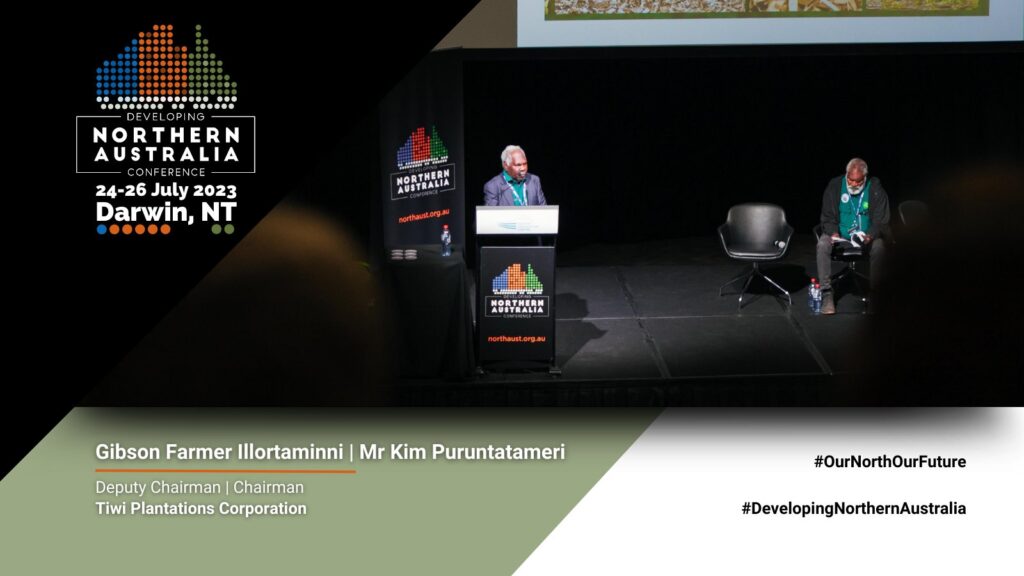
Last month, the Federal Government abolished the water rule, incentivising farmers and landowners to participate in agroforestry.
Plantations and farm forestry plantings store carbon, enabling growers to participate in the ACCU scheme to generate carbon credits and earn additional income from selling these credits.
These credits are certified through the Clean Energy Regulator for compliance with the detailed requirements in ACCU scheme methods and rules to ensure they have integrity.
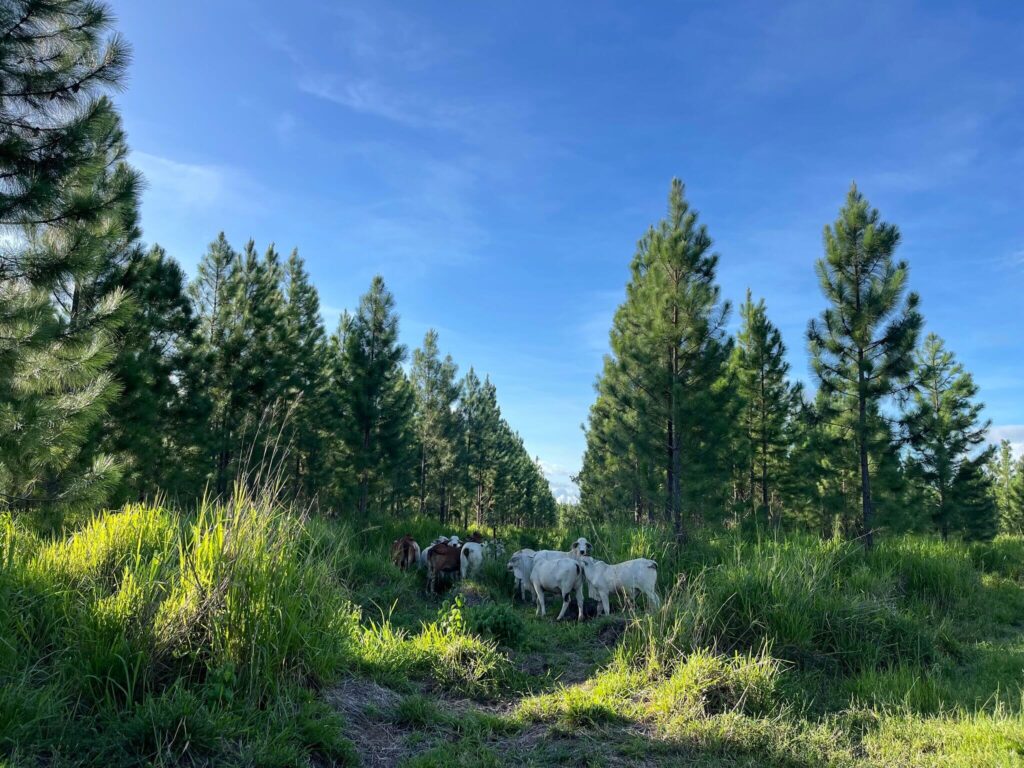
Farm forestry has strong bipartisan support, with Wood Central reporting yesterday that politicians across the political spectrum visited a leading farm-forestry operation.
Tree planting on farmland can act as a carbon sink on properties, lessening the impact of climate change and resulting in more adaptive and resilient farming systems.
Importantly, they can provide much-needed feedstock for Australia’s timber needs.
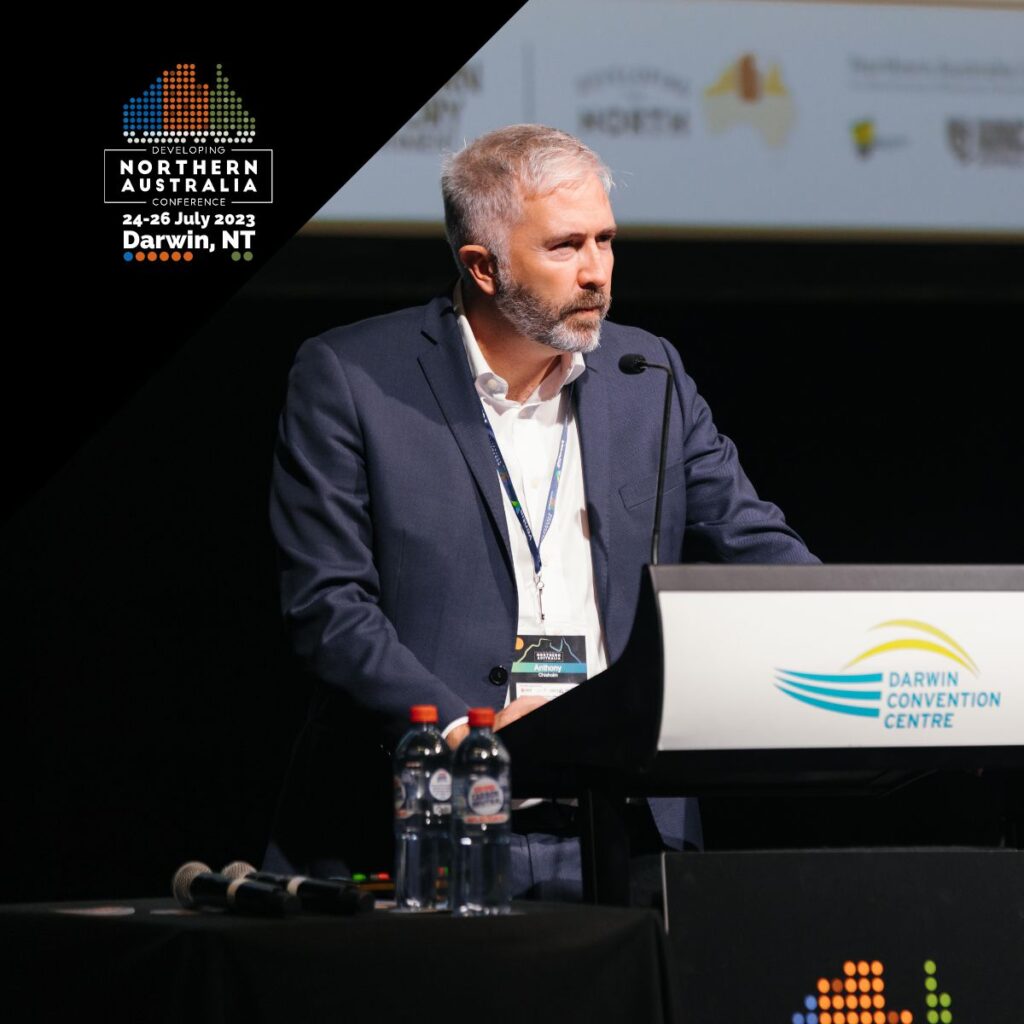
The conference has strong governmental support, with NT Chief Minister Natasha Fyles, Federal Minister for Resources and Northern Australia Madeline King, and Minister for Agriculture and Forestry Senator Murray Watt among more than a dozen Australian leaders and dignitaries involved in the event.



